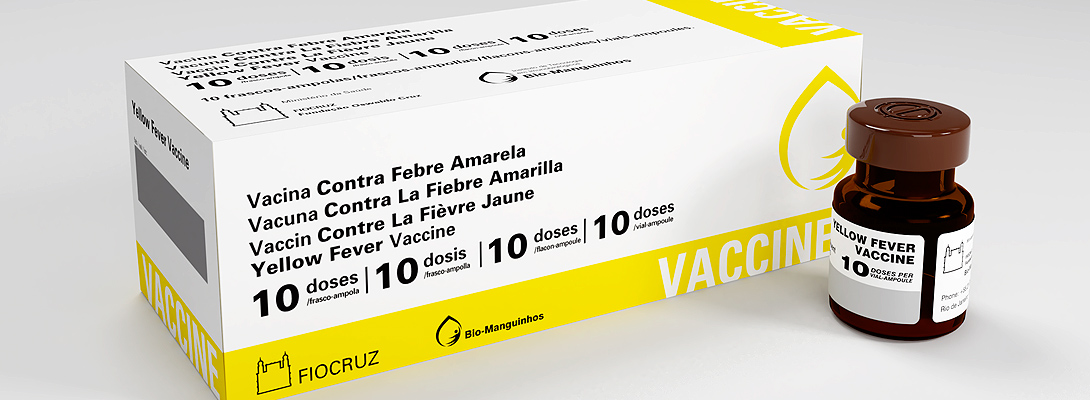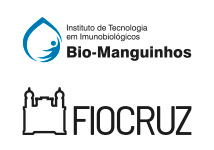
Bio-Manguinhos is internationally recognized as the major manufacturer of the yellow fever vaccine. In Brazil, the National Immunization Program (PNI, in portuguese) offers the yellow fever vaccine.
In 2016, during the yellow fever epidemic outbreak in Angola and Democratic Republic of the Congo, Bio-Manguinhos supplyed more than 18 million doses of this vaccine to WHO partners.
Yellow fever is a serious infectious disease caused by a virus of the flavivirus genus, transmitted by mosquitoes belonging to the Aedes (mainly Aedes aegypti) and Haemogogus genera. Most cases are asymptomatic or have mild symptoms. However, rare cases of severe forms of the disease may occur, which can lead to liver and kidney failure, hemorrhagic manifestations and jaundice, which gave rise to the name “yellow”, and even lead to death.
The disease is an arbovirus and occurs in Africa and the Americas. In Africa, it can be transmitted both in urban and wild areas. In Brazil, the last urban case occurred in Sena Madureira, Acre, in 1942. Infection occurs when a person who has never contracted yellow fever or been vaccinated, that is, an unprotected person, enters forested areas and is bitten by a infected mosquito. When contracting the disease, the person can become a source of infection in the urban environment.
In addition to humans, non-human primates can also be infected by the vector (mosquitoes), developing yellow fever and infecting other wild vectors, thus participating in the wild cycle as a reservoir of the disease.
Therefore, non-human primates function as “sentinels”, and the isolation of Yellow Fever virus from carcasses of these animals indicates the occurrence of epizootics (virus circulation) in the region. As an arbovirus, yellow fever depends on the vector to be transmitted - there is no direct transmission from person to person.
Yellow fever is of epidemiological importance due to its clinical severity and potential for dissemination in urban areas infested by the Aedes aegypti mosquito, and the possibility of urbanization of the disease as in Africa. The World Health Organization estimates that 200,000 unvaccinated people contract the disease every year, and 30,000 die from it. Vaccination is the main tool for preventing and controlling yellow fever.
Bio-Manguinhos is one of the largest manufacturers of the YF vaccine in the world. Since 1937, vaccine preparations have been obtained in their laboratories from the attenuated strain 17DD of the Yellow Fever virus, cultivated in embryonated chicken eggs free of specific pathogens-SPF, according to the norms established by the World Health Organization and has its WHO pre-qualified production since 2000.
In Brazil, the Unified Health System (SUS) offers the yellow fever vaccine free of charge through the National Immunization Program. Anyone residing in Yellow Fever Vaccine Recommended Areas and people traveling to these areas must be immunized. The vaccine is administered subcutaneously, is available throughout the year in health facilities and must be taken at least 10 days before moving to risk areas, especially for individuals who are vaccinated for the first time.
In 2016, during the yellow fever epidemic outbreak, Bio-Manguinhos was responsible for supplying more than 18 million doses of this vaccine to the World Health Organization (WHO).


